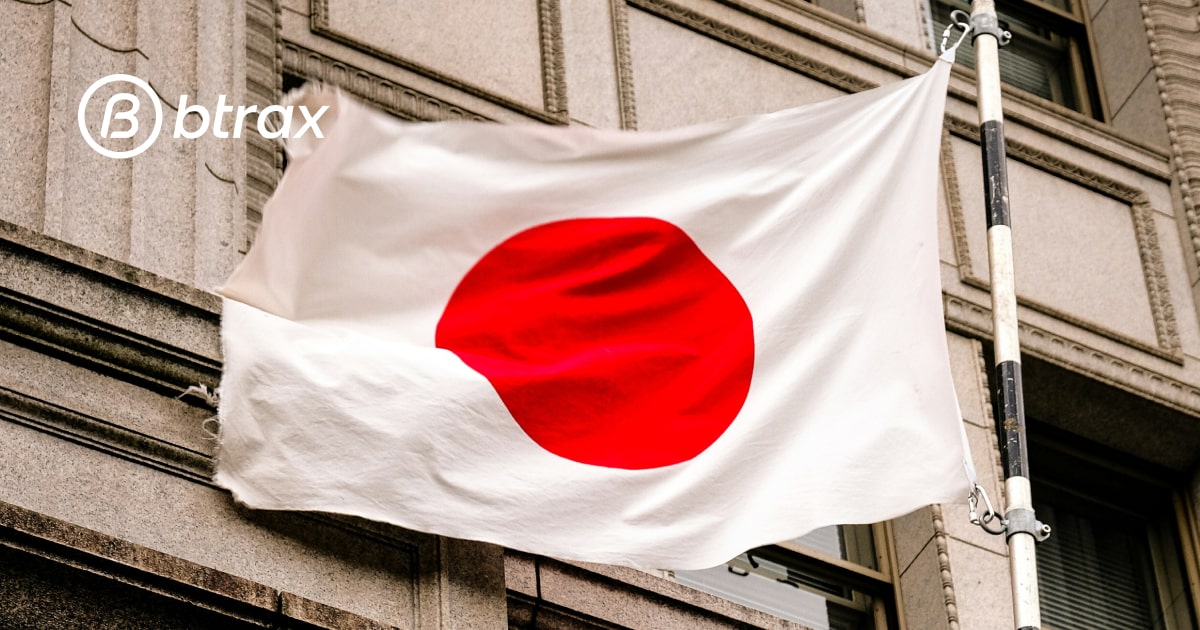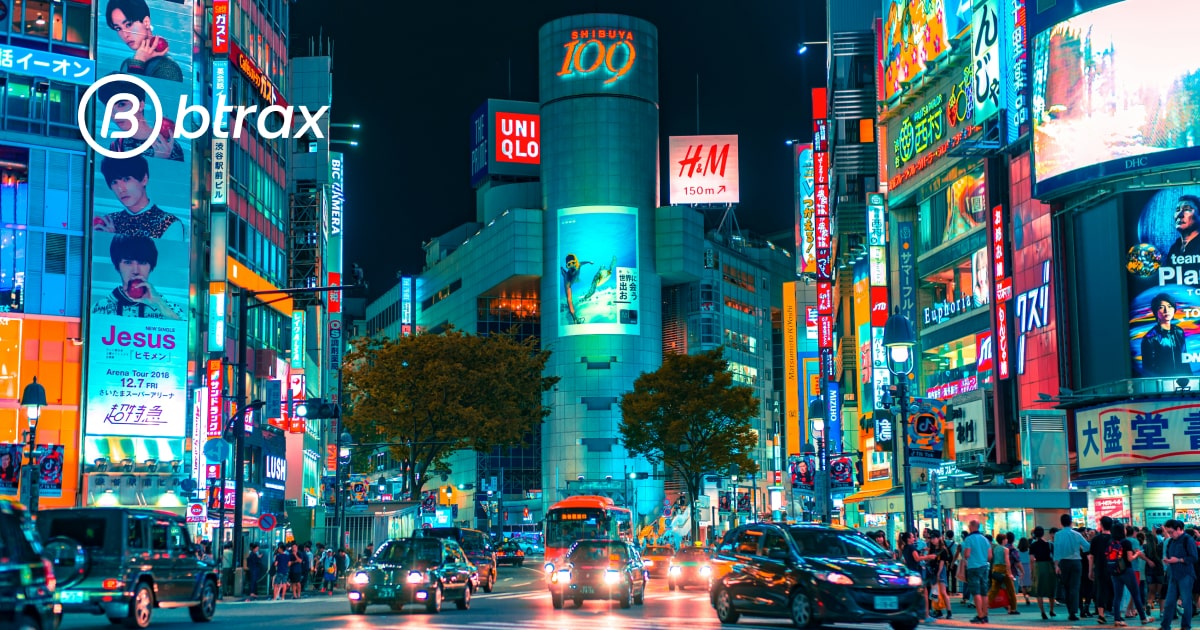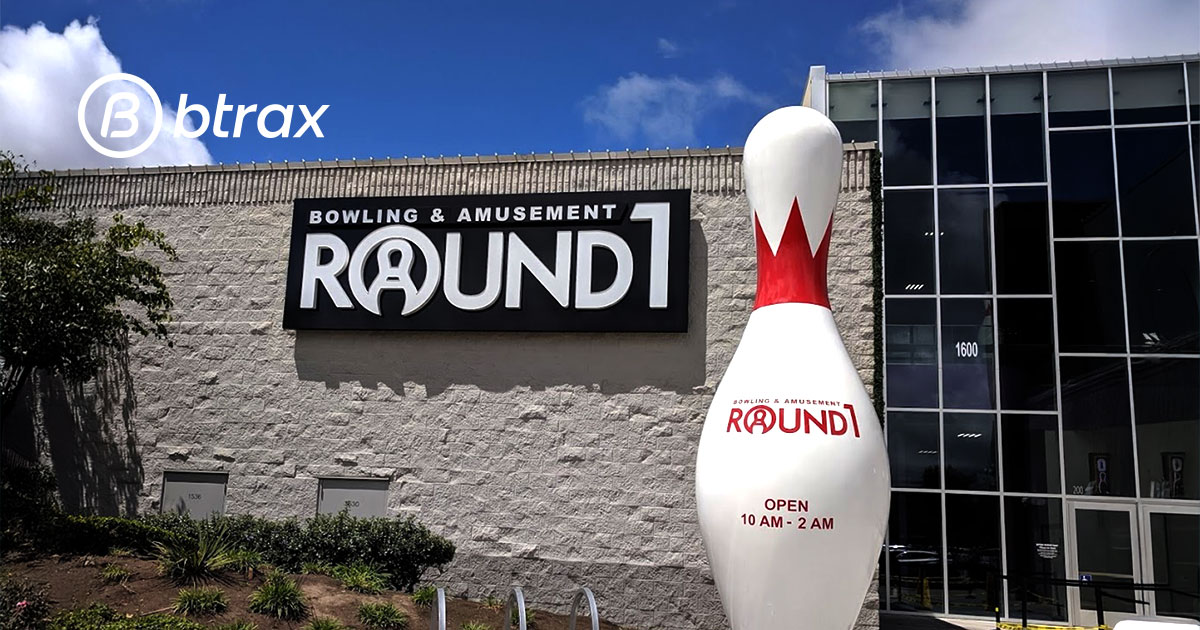
Btrax Design Company > Freshtrax > 7 Tips to Succe...
7 Tips to Successfully Launch and Grow Your Business in Japan
Earlier this year, I spoke with btrax Senior Advisor Hidemaru Sato about what companies get wrong when entering the Japan market.
I interviewed Mr. Sato again last month and dove deeper into his experience working cross-culturally between the US and Japan.
Mr. Sato has a rich track record as a Japan Country Manager, with extensive experience helping American companies with Japan market entry and growth.
He has a hand in leading companies like AOL, Expedia, DoubleClick, comScore and MarkMonitor in their international expansion. Mr. Sato graduated from Stanford with a Master’s degree in Computer Science Engineering.

Dividing up Mr. Sato’s experience as a country manager into the following categories, we talked about the kinds of challenges and breakthroughs he experienced.
- Localizing the product in terms of branding, messaging and product design
- Cultural barriers in terms of communication
- Dealing with competition
- Tackling government regulation
- Scaling your company in Japan
- Marketing: Getting your company out there
- Talent: Building a great team from scratch in Japan
1) When it came to localizing the product in terms of branding, messaging and product design, what were some challenges you faced, as well as some successes?
I worked on both bringing US products to Japan and Japanese products to the US. And as a country manager for a US company in Japan, or for a Japanese company in the US, the challenge is how to explain Japanese business culture to the US team or vice versa.
It’s the minor things that are tough to deal with. Some policies are designed for the US and others just for Japan. Getting a consensus on corporate and marketing communications is difficult. It always takes time.
A good example for tweaking product for a new country is Expedia.
At its initial launch, Expedia Japan was essentially a computer screen that looked like the travel section of a newspaper.
Back in 2006, Expedia’s US website was already very fancy, and they wanted to have the same design and messaging for their Japan launch.
Online travel agencies were very rare at the time, so people who wanted to find travel information usually looked at newspaper ads or leaflets. If you were japanese and you wanted to go to Hawaii, you would check the newspaper’s travel section to see a selection of Hawaii tours and hotel deals.
Japanese people were more familiar with finding the best travel package using information on paper. The English Expedia website was easy to use and well-designed, but Japanese consumers didn’t understand how to use that for their travel bookings yet.
btrax helped out a lot with the design because Brandon (CEO of btrax) understood Japanese culture very well. He also recommended this approach and helped implement it.
So we added a flavor to the Japanese version of the website that made it feel familiar. At its initial launch, Expedia Japan was essentially a computer screen that looked like the travel section of a newspaper.
So was it successful?
After launch, Expedia Japan got a lot of good feedback from users and media. It wasn’t just because the biggest online travel service in the world just came to Japan, but also because its UI was easy to understand for people who were used finding deals on newspapers.
btrax helped out a lot with the design because Brandon (CEO of btrax) understood Japanese culture very well. He also recommended this approach and helped implement it.
Portal services like Yahoo Japan and Google Japan do similar things to localize. Yahoo Japan is very successful because their Japanese homepage is totally different from the US site. They understand how Japanese people use search engines and portal sites. Google Japan’s look and feel is the same, but they have a lot of Japan-specific services.
Yahoo’s US HQ may not be doing so well, but Yahoo Japan is really strong right now.
2) Did you ever face any cultural barriers when communicating to consumers about the product as well as when collaborating internally?
Externally, it’s similar to what I said earlier. It’s about understanding consumer behavior. If I’m selling something to US consumers, I should know about US consumer behavior. The challenge is when you have to tweak the details to localize for a country.
You can’t place the blame on others and say they simply don’t understand – you have to explain properly so other people can understand you.
Internally when it comes to communicating between US and Japanese management, the most important thing is trust and respect. When there are cultural differences, the Japan team should explain what the difference is and vice versa.
You can’t place the blame on others and say they simply don’t understand – you have to explain properly so other people can understand you. Mutual trust and respect is very key to making sure things run smoothly.
3) How did you deal with competition?
When it comes to dealing with competition, it’s actually not the matter of dealing with them, but working with them. Working with competition is very important because it helps you understand what your competitors are doing.
You want to be one of them, not an outsider.
To do this, find places where all your competitors gather, like an industry association – something like the Japan Design Association or Japan Innovation Association – and join them. You can even join a social meetup where people from the industry get together.
This is important for working with competitors because you want to be one of them, not an outsider. Sometimes, your competitors have problems or challenges they’re trying to work through, and after talking to them, you might discover opportunities to collaborate.
When it comes to beating incumbents, it would still help to network at associations or events that competitors are attending. Even if there is a strong incumbent in the market, it’s important to get to know them and try to become friends.
Becoming friends and talking about your work is an easy way to learn about what the big guys are doing and consequently finding a way to surpass them. There are many ways to do research, but the most direct way to find this information is just by talking to them directly. Maybe after three bottles of beer!
4) What advice do you have for companies that are bringing relatively new products and ideas to market? These companies need to battle existing government regulation and laws that weren’t created to regulate their business model. Where would they even start?
First of all, battling government regulation is very tough. It takes a long time because it’s related to the government. But if you gather all your competitors in the same industry to lobby the government as a whole, then that could be more effective.
In industry associations, there’s always talk about how to change regulation and laws to make it better for the entire industry. So if all these companies agreed on a change and banded together to lobby for it, then it can help all companies in the industry.
For companies, it’s important to join a special interest group for modifying government regulation. If your company’s headquarters is in the US, then tell the people in the special interest group how Japanese laws are different from US laws and what problem this poses for your company. This information is very valuable for people who are trying to lobby for change.
Dealing with government regulation is always tough and time-consuming. My advice is not to talk to the government alone, but band up with many people from the same industry to do so.
Currently, Uber is struggling to run in Japan because of government regulation. But Uber Japan is starting to talk to Japanese cab and transportation companies, and they’re also looking to smaller cities away from Tokyo.
In bigger cities like Tokyo and Osaka, the taxi and cab associations are very strong. They also don’t have the same aging problem affecting the rest of Japan, because young people from across the country move to big cities for work.
Local cities are always looking for new services to make their people happier. These cities are the kinds of places facing the brunt of the effects of Japan’s aging population. They’re also generally much easier to talk to, so Uber is talking to them.
In the last few months, a few small cities shook hands with Uber and started testing the operation. It’s a good strategy, but it does take time.
Dealing with government regulation is always tough and time-consuming. My advice is not to talk to the government alone, but band up with many people from the same industry to do so.
It took three years for the government to approve a change in privacy policy laws.
When I was the Country Manager for Abacus DoubleClick, the nature of the business was using consumer databases to learn about consumer behavior. We collected data on the buying behavior of individuals using shopping catalogs. For example, we might find that person X buys a bunch of stuff from different companies, so from the stuff they bought, person X might like to have Y catalog.
In Japan at the time, privacy policies were very strict. In the eyes of the government, Abacus DoubleClick’s business model didn’t work in Japan because different companies couldn’t share their customer information with other companies. So we talked to a lot of direct marketing companies (they send out shopping catalogs to consumers) and told them that the current privacy policy laws weren’t good for their business.
It made sense for these companies to pool their customer information to help each other. For example, if customer X bought from company A and B, then company A and B would benefit from knowing this information about the other company because it’s more data on customer X. Everybody would be happy to share this information because they could send catalogs to more people.
We discussed what regulation was good for the industry and what wasn’t. With this, we slowly got the government to change laws regulating the industry.
It took three years for the government to approve a change in privacy policy laws. With the change, each catalog player needed to implement an opt out option telling consumers their information might go to other catalog players. This part of the change took one year.
Another example is with the travel industry in Japan. In the United States, anyone could sell airline tickets, but in Japan over a decade ago, only big travel agencies did that. There were no low-cost carriers and the airline and train ticketing industry was very conservative and traditional. So when I was the Country Manager for Expedia Japan, we joined the travel association and talked to them about increasing the number of travelers to and from Japan.
It was a conversation that was beneficial to the entire industry – to help everyone increase sales. We discussed what regulation was good for the industry and what wasn’t. With this, we slowly got the government to change laws regulating the industry. But lobbying isn’t easy and really takes a lot effort.
5) How does a company figure out where to start in Japan and how to scale from there?
Usually, when US companies decide to enter Japan, they don’t really understand Japanese consumer behavior or culture. When it comes to scaling, it really depends on the type of service, the market size, and target demographic. If it’s a hardware company, they would need to talk to a production company and decide on a pricing strategy and so on.
During their first year in Japan, businesses should focus on figuring out if their business plan is right or not and do a lot of market research. Then, within one year, if the business plan looks and works okay, you’ll need sales, planning, PR and other teams. The best time to expand the local team (overall or by function) is the second year.
Regardless of function, incremental changes are best.
6) In terms of marketing, what advice do you have for foreign companies looking to enter the Japan market?
When entering Japan as a newcomer, it’s very important to do seminars in the first year, especially during the first three months. A “seminar” can be a big event like a press conference.
For example, when I was the Japan Country Manager for Expedia, we did seminars about Expedia coming to Japan and explained why we were coming, trying to get people to help. There were also a lot of travel industry seminars, so we went to these seminars, talked to the people and asked them to put our website on the travel industry meetup page.
Set aside enough budget for marketing in the first year.
Other important things to do in the first year include partnerships, press releases, private seminars and speech engagements in industry seminars. You should always think about how to make a bigger appearance in the industry.
Even if people know your company because it’s very famous (like if you are Expedia, Google or Uber), they don’t necessarily know what your company does in detail. So it’s important to get people to understand.
Also, paid ads are a good add-on to your first year marketing budget. After the critical first year, marketing becomes a bit more ordinary. Set aside enough budget for marketing in the first year. It’s helpful to be able to pay someone famous for a keynote speech at an event.
7) So after the initial year building up the business, companies should now start to look to scale their team in Japan. How do you build a great team from scratch? What are some things to keep in mind, and what about international companies who want to relocate some of their foreign team to Japan?
First of all, it’s very important to find a person who is local but also has a very complete skill set specific to your company (whether that’s design, engineering, sales, or another discipline).
The team has to trust and respect each other.
The second thing is personality. When it comes to a small team, personality is very important – everyone should be bright, cheerful and sociable. Even if someone has a great skill set, if they’re quiet and bad at communicating, then it’s not good.
A person who can maintain good relationships internally is very important. The team has to trust and respect each other – and this is also true between the US headquarters and their overseas offices. Externally, even your competitors will like you if you respect them. A person who trusts others is more successful – so hire people you can trust.
Featured image: Rawpixel.com/Shutterstock
Check Out Our FREE E-Books!
Discover our FREE e-books packed with valuable research and firsthand insights from industry experts!
Dive into our collection below, and stay tuned – we’re constantly adding new titles to keep you ahead of the curve.
- Big in Japan: Global Brands Thriving in the Japanese Market, Vol. 1
- A Guide to the Promotional Seasons in Japan
- What I Wish I Knew Before Entering the Japanese Market
- 100+ Facts to Understand the Motivations Behind Japanese Behaviors
- Insights on Japan’s Changing Workstyle
- Insights into Japan’s E-Commerce and Direct to Consumer (D2C) Market







